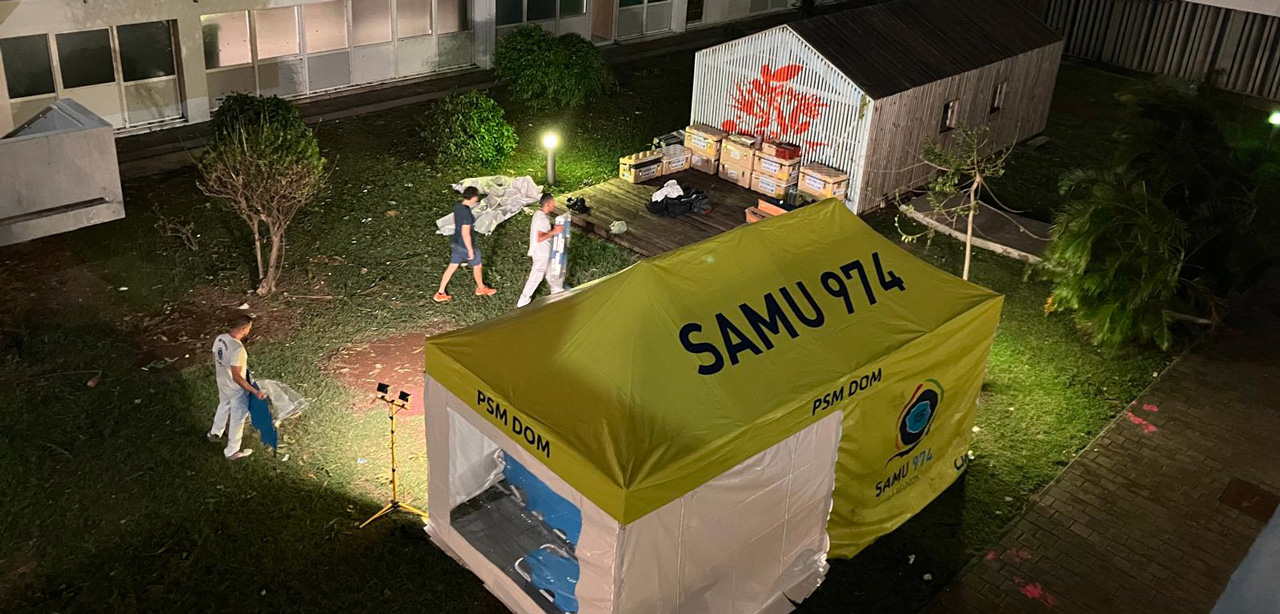Background: Rubella is an acute infectious disease with normally a mild clinical course. However, infections during pregnancy, especially before week 12 of gestation (WG), can cause severe birth defects known as congenital rubella syndrome (CRS). Objectives: The aim of this study was to perform genotyping and a molecular characterization of rubella viruses involved in congenital infections in France during the past fifteen years (1995 - 2009). Study design: Amniotic fluid (AF) (N= 80) of pregnant women with a congenital rubella infection (CRI) before week 20 of gestation and a few other samples available from children/newborns with congenital rubella syndrome (CRS) (N = 26), were analysed. The rubella virus E1 gene coding region was amplified by reverse transcriptase polymerase chain reaction directly from clinical specimens, and the resulting DNA fragments were sequenced. Sequences were assigned to genotypes by phylogenetic analysis with rubella virus reference sequences. Results: A sufficient E1 gene sequence was obtained from 56 cases. Phylogenetic analysis of the sequences showed that at least five different genotypes (1E, 1G, 1B, 2B, and 1h) were present in France and involved in congenital infections, with a strong predominance of genotype 1E (87%). Conclusion: This is one of the very few comprehensive studies of rubella viruses involved in CRI. The results indicated that during the past 15 years multiple introductions of the dominant genotype E caused most of the CRI cases in France. A few sporadic cases were due to other genotypes (1B, 1G, 1h, 2B). (R.A.)
Auteur : Vauloup Fellous C, Hubschen JM, Abernathy ES, Icenogle J, Gaidot N, Dubreuil P, Parent du Chatelet I, Grangeot Keros L, Muller CP
Journal of Clinical Microbiology, 2010, vol. 48, n°. 7, p. 2530-2535


